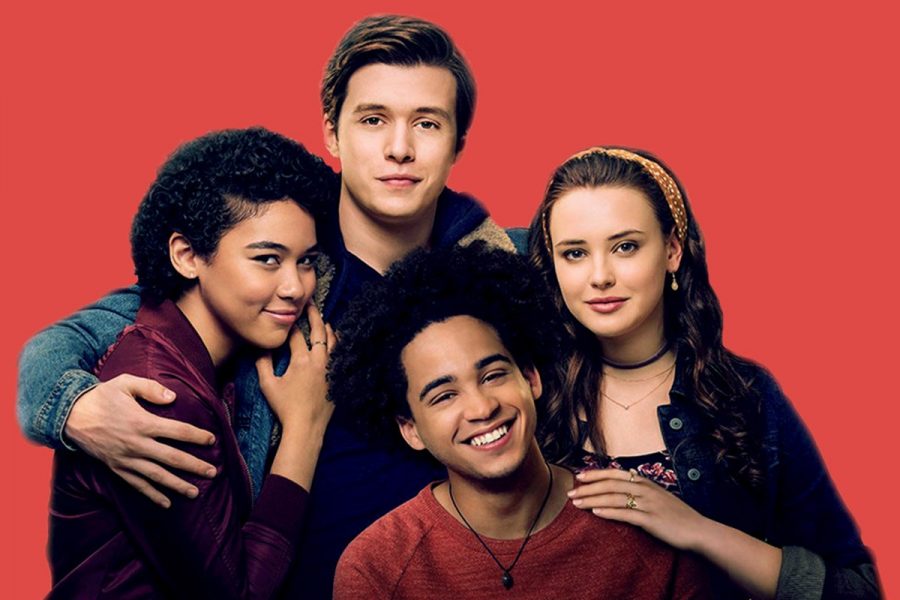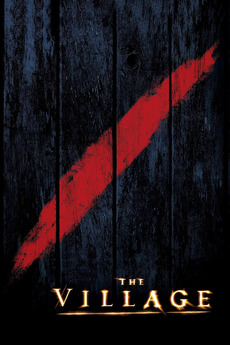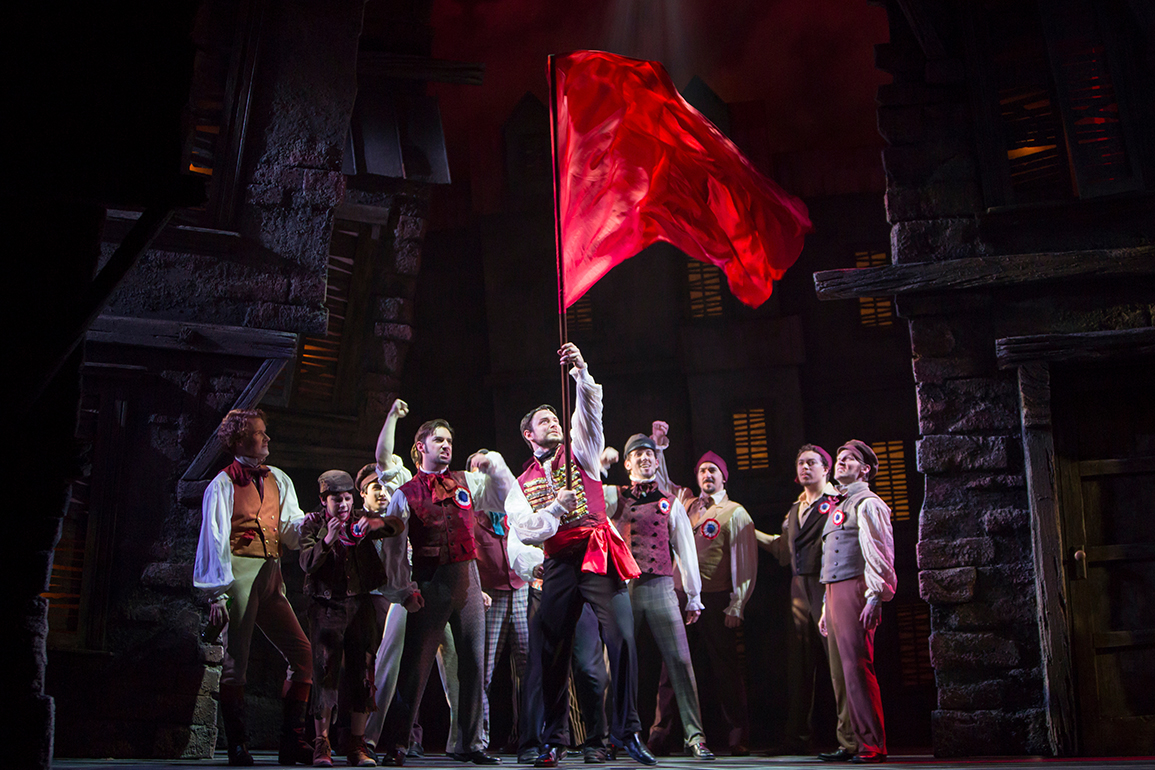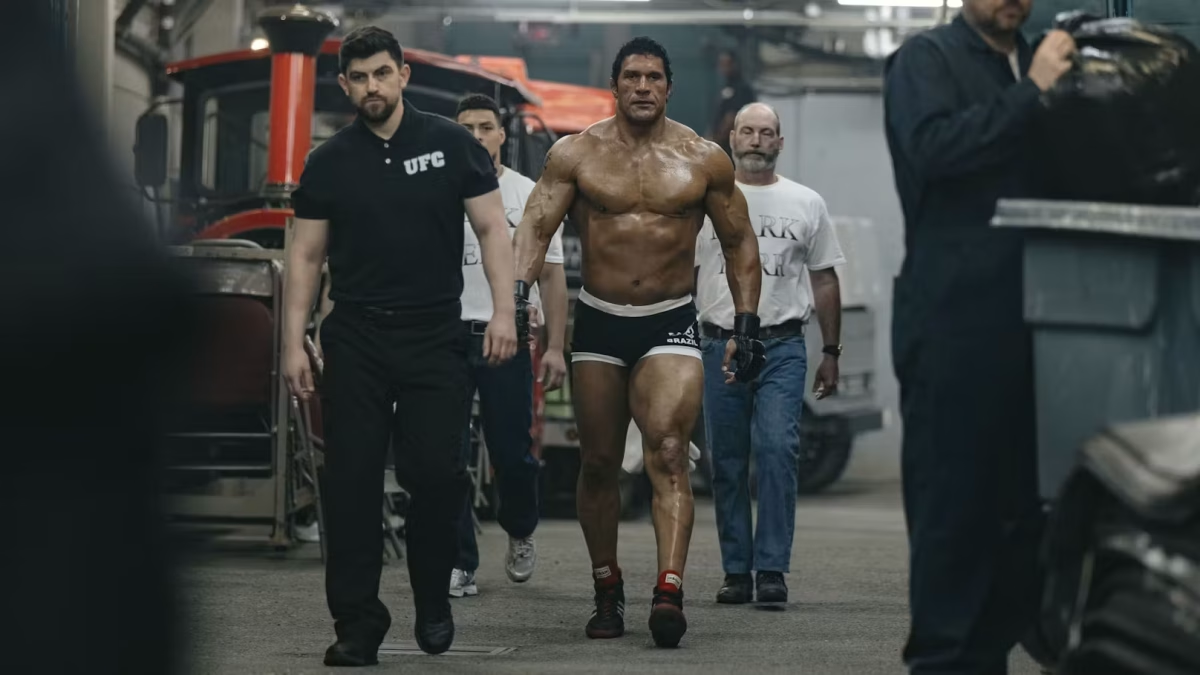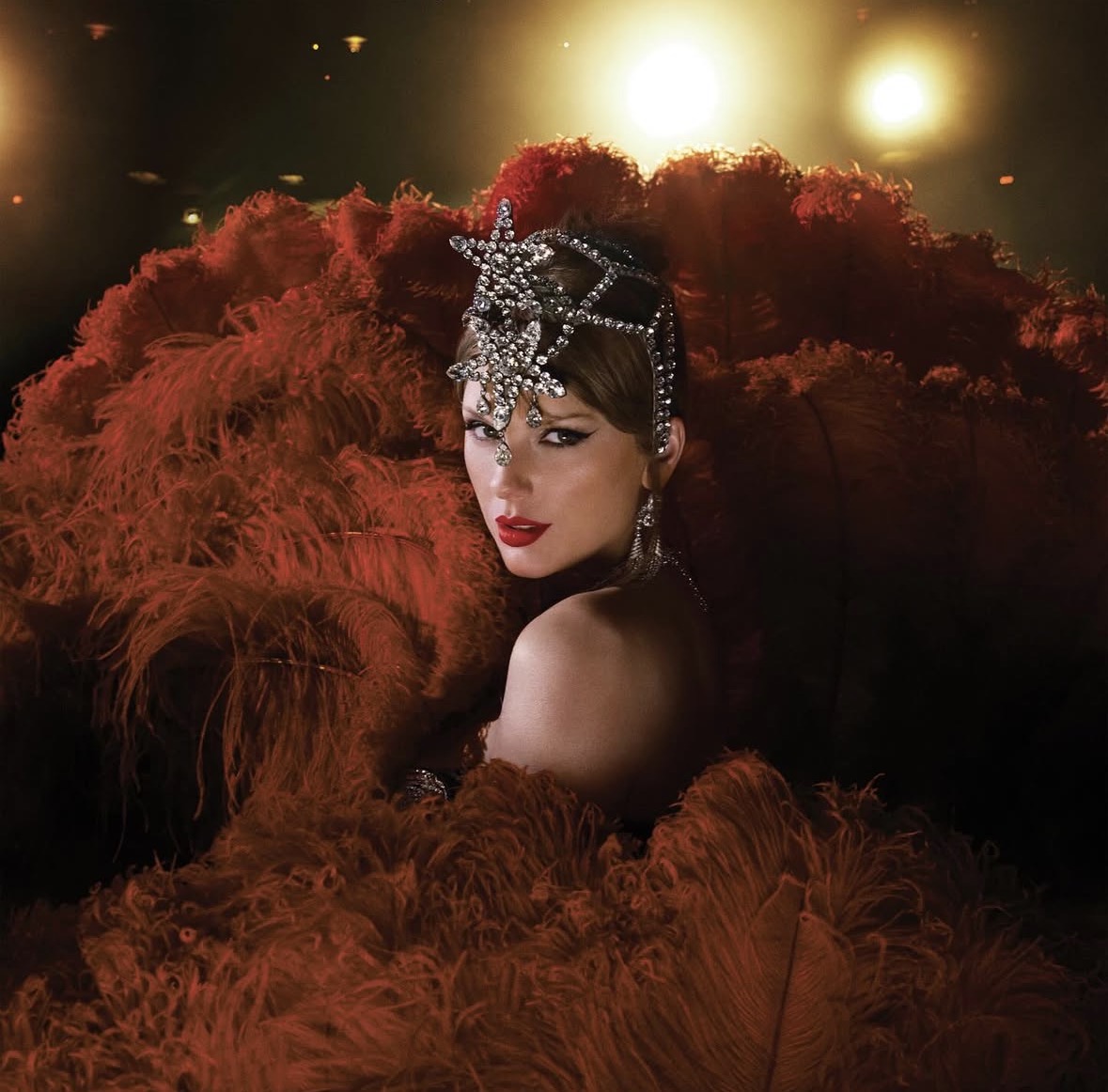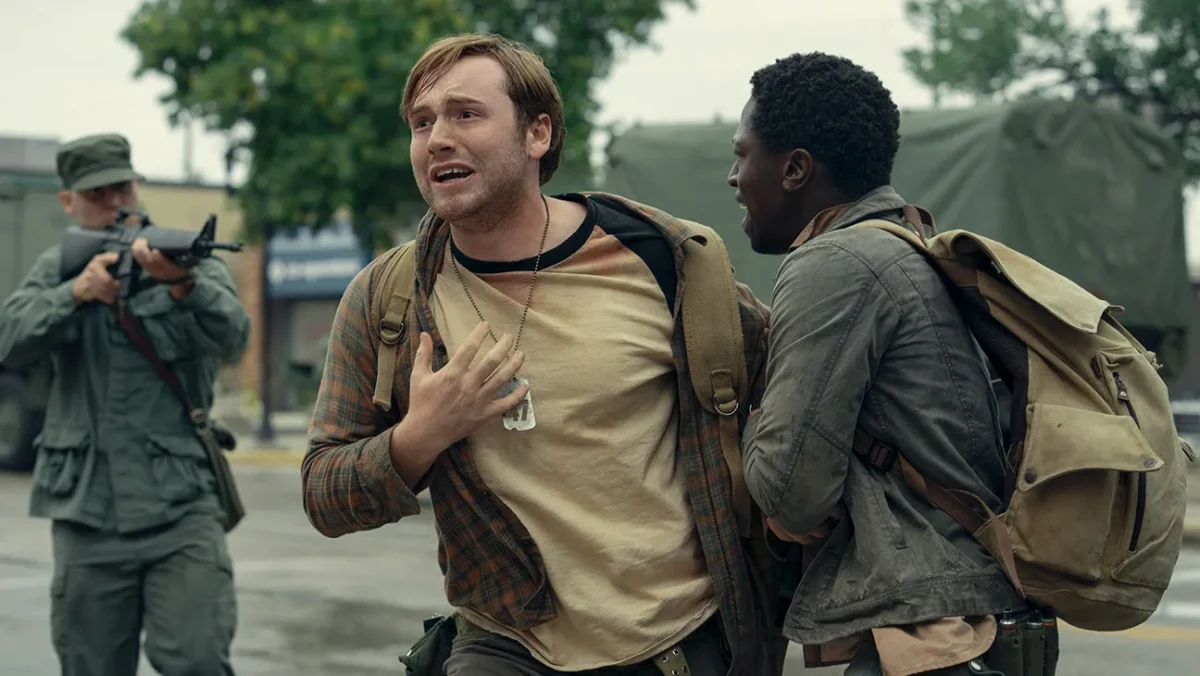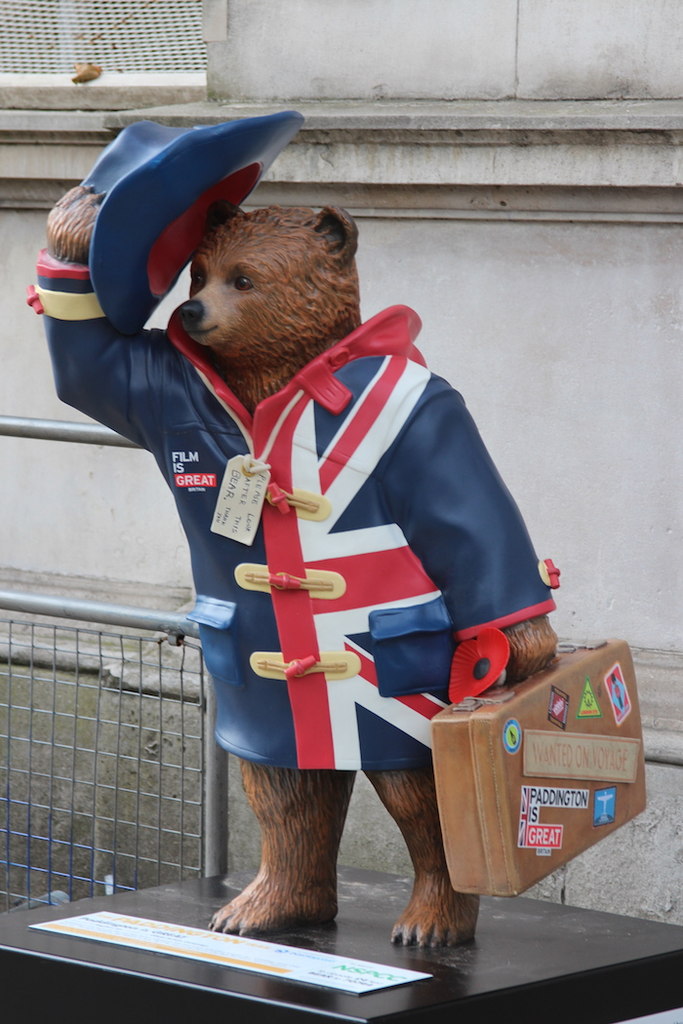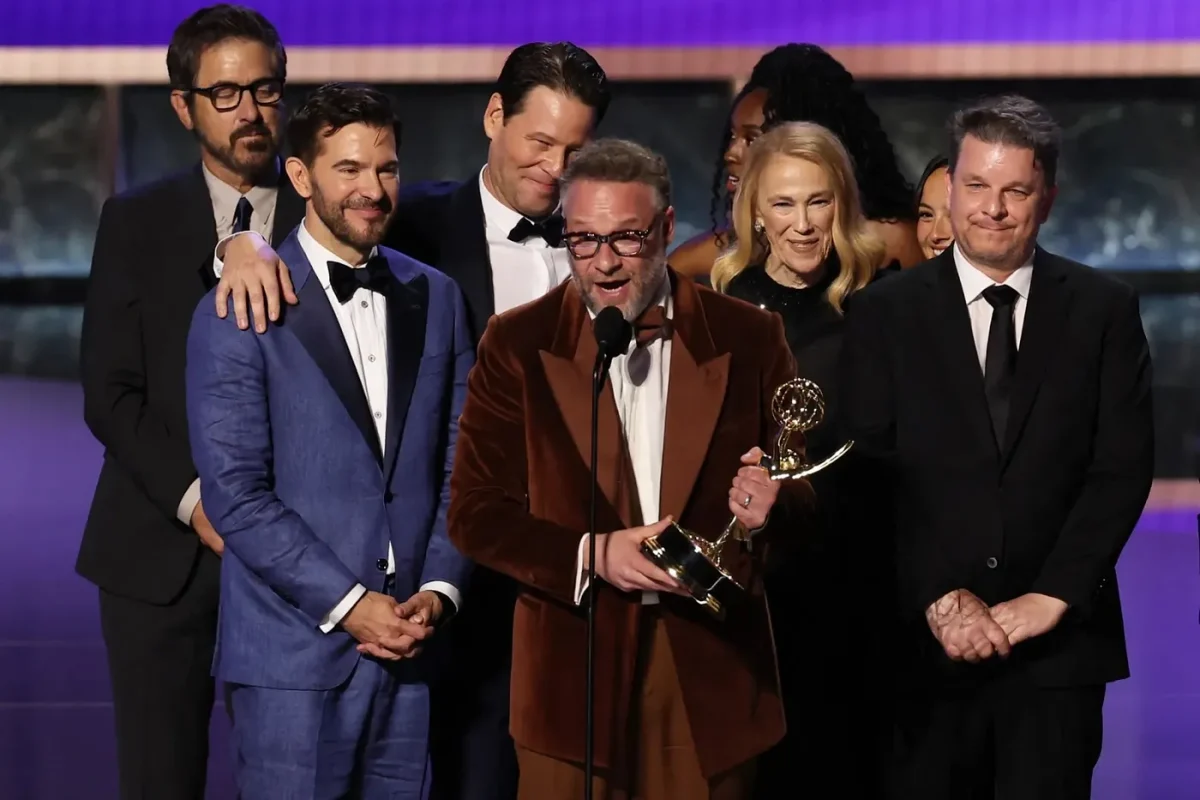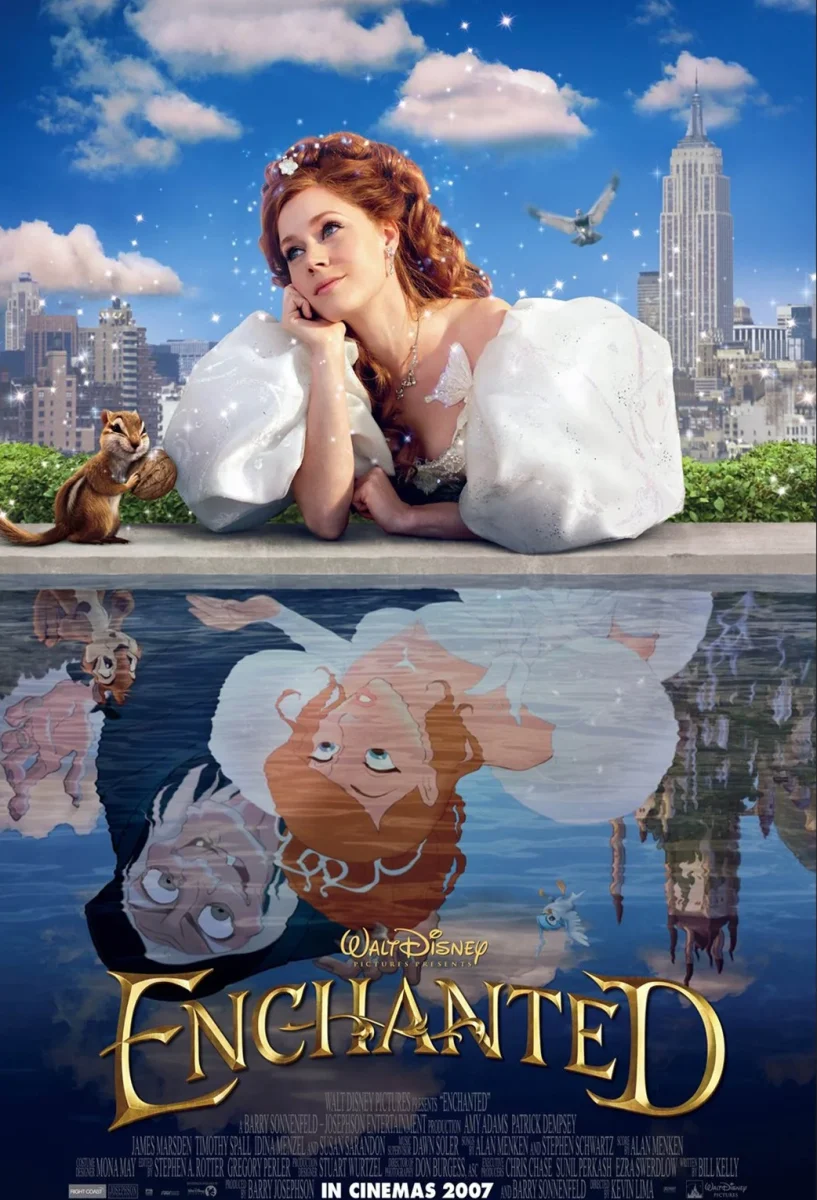Valentine’s Day is coming up, which means it’s finally time to cuddle up with your significant other, relax, and watch a sweet, lighthearted rom-com. Romantic comedies are the quintessential movies to put you and your SO in the mood for love, whether those endearing movies can make you laugh, cry, swoon, or yell with delight.
Romantic comedies offer a suspension of disbelief and enough romantic tropes to keep the viewers engrossed, although they have evolved based on the times and the target audience. It’s no surprise that William Shakespeare’s plays highlight an early formula of most modern romantic comedies, such as “Much Ado About Nothing.” His most famous works have been adapted into celebrated films like the 1996 film “Romeo and Juliet” and the inspired 1961 musical-turned-film “West Side Story.” The 1999 romantic teen comedy “10 Things I Hate About You” is a loose adaptation of Shakespeare’s “Taming of the Shrew,” and was a box-office hit when it premiered.
In the past, many rom-coms have focused on heterosexual relationships with a dominant male love interest, although there were cases of headstrong women. In the 1930s, the term “screwball comedy” was used for romantic comedies that featured strong female leads and stories about the battle of the sexes. In the 1950s and early 1970s, those romantic comedies focused on the differences between men and women, which caused rivalry between the love interests. During this time, actress Marilyn Monroe was America’s biggest “sex symbol,” and starred in the hit 1955 movie “The Seven Year Itch.”
Romantic comedies have long been referred to as “chick flicks,” such as movies like “When Harry Met Sally” and “27 Dresses.” Those movies, targeted mainly toward women, seem to reflect our society’s dismissive attitudes toward women’s interests. However, in the 1980s and 1990s, director John Hughes became well-known for his coming-of-age films which include the famous romantic comedy films “Pretty in Pink and Sixteen Candles,” which both feature Molly Ringwald as the titular character. Those films place the problems of teenagers at the forefront of the story, in which they explore unrequited love, friendships, adolescence, peer pressure, and class differences; all hallmarks of a good romantic comedy and a typical Shakespearean play. The majority of movies created between the 1990s and early 2000’s showcase imperfect yet interesting relationships, such as “My Best Friend’s Wedding” in 1997, and the 1999 classic “Never Been Kissed.” In the early 2010s, there was a shift as movies focused on the nuances of marriage and long-term love, rather than an unrealistic relationship, such as “Crazy Stupid Love” in 2011 and “This is 40” in 2012.
It was only recently that films like “Crazy Rich Asians” and “Love, Simon” showed diverse and non-heterosexual relationships. “Crazy Rich Asians,” directed by Jon M. Chu and based on the book of the same name, follows a Chinese-American woman who travels to woo her boyfriend’s family after discovering they are one of the wealthiest families in Singapore. This movie has been praised for its all-Asian cast and for shining a light on the lack of Asian-American representation in romantic comedy films.
Netflix also produced an Asian-American lead rom-com this year. “To All the Boys I’ve Loved Before,” based on the bestselling book by Jenny Han, features Asian-American actress Lana Condor as the teen protagonist Lara Jean, with Noah Centineo opposite her as “soft jock” Peter Kavinsky.
“Love, Simon,” directed by Greg Berlanti, focuses on closeted Simon Spier as he attempts to discover the identity of the anonymous boy he has fallen in love with over email. Critics praised the movie for its similarity to John Hughes’ movies, which notably only focused on heterosexual relationships. Similar to “Love, Simon,” the Netflix original “Alex Strangelove,” directed by Craig Johnson, features Alex Truelove in his journey of self-discovery as he comes to terms with his sexuality and offers a more explicit relationship between sex and teenagers.
2018 has also shown the release of movies focusing on self-love and self-confidence. Netflix’s “Dumplin’,” based on the book by Julie Murphy, follows an outspoken and plus-sized teenager named Willowdean as she enters the beauty pageant run by her overbearing mother. In contrast to previous films such as “She’s All That,” and “Grease,” the protagonist falls in love without changing her physical appearance or her personality.
Romantic comedies, like many forms of art, are often a form of escapism, but they reflect the attitudes and ideals of their respective time periods. They’re a glimpse of what each generation feels toward love and romance, even though those insights are from a limited point of view. Finally, LGBTQ+ people and people of color are seeing themselves reflected positively in a romantic comedy. Slowly, as more rom-coms are being created, their representations of love and life will be shown with their own commentaries and viewpoints.

